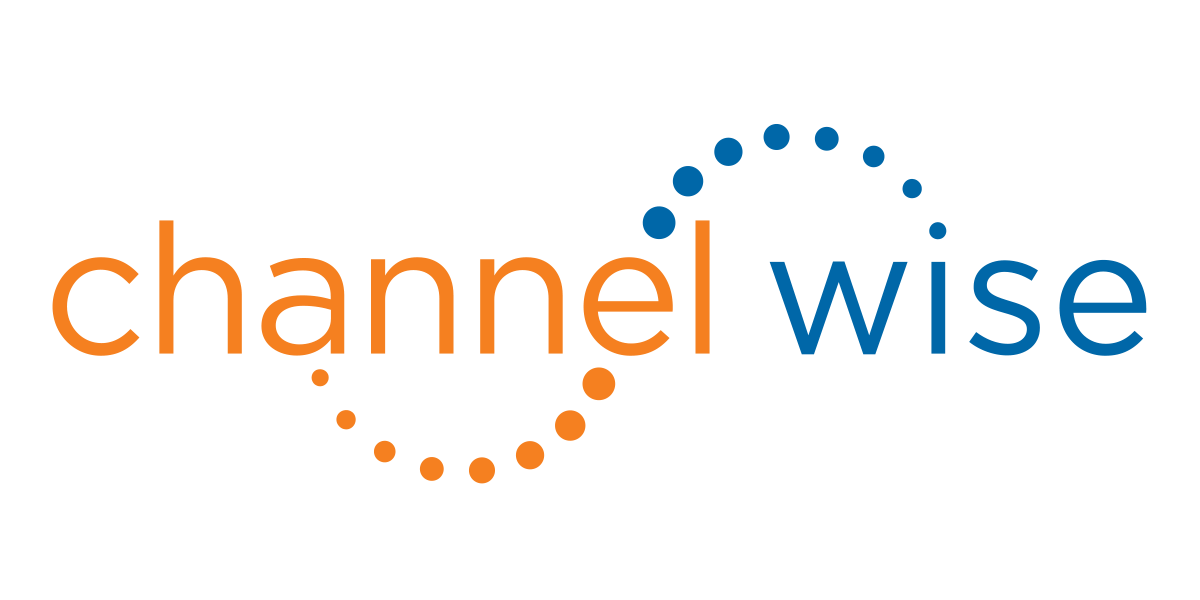Maximizing Your PR Success with Kristin Hege
Replay:
Are you looking to maximize your PR success and build trust with your audience? Public relations and publicity may sound similar, but they have distinct differences.
In this episode of Ask the Expert Live, Kathryn Rose, CEO & Founder of channelWise, interviewed
Kristin Hege, a PR Expert. She delved into the importance of investing in a comprehensive PR strategy, measuring PR campaign success, strategies for securing features in top publications, vetting PR agencies, crisis communications, and more.
Highlights:
- Public relations and publicity are different; publicity focuses on being in the public eye, while public relations is about brand awareness and reputation management.
- Investing in a comprehensive PR strategy is crucial for building trust with your audience and differentiating your brand in a skeptical consumer landscape.
- Measuring the success of a PR campaign should align with marketing objectives, focusing on tailored metrics and goals to support broader business objectives.
Are public relations and publicity the same thing?
There's a difference between public relations and publicity. Publicity is more associated with B2C, celebrities, and sports people, where there's a focus on being in the public eye, like on red carpets. On the other hand, public relations, especially in the B2B context, is more about brand awareness, reputation management, and crisis management.
Why do you think it's important for companies to invest in a comprehensive public relations strategy?
Investing in a comprehensive public relations strategy helps establish trust in your brand. Consumers have become more cynical and skeptical, so it's crucial to earn their trust and loyalty. Building trust takes time and effort, and it's not achieved through short-term tactics like viral social media campaigns. A long-term PR strategy is necessary to differentiate your brand, convey your brand's values, and consistently engage with your audience to build lasting trust.
What would you say are the key components of a comprehensive PR strategy?
The key components of a comprehensive PR strategy vary depending on the business goals. For a growth stage company, it may involve thought leadership, contributing content, securing speaking engagements, winning industry awards, and media relations. For a startup, it may involve networking at industry events, establishing thought leadership, building trust in the product or service, and applying for industry awards. A comprehensive PR strategy goes beyond getting one good profile in a business journal and includes multiple elements to establish credibility, visibility, and differentiation.
How do you measure the success of a PR campaign?
When measuring the success of a PR campaign, my agency takes a customized approach. We start by understanding the marketing team's objectives and key results (OKRs) and aligning our PR efforts with those goals. For example, if customer success is a key metric, we may focus on securing customer interviews on podcasts, joint blog posts, and speaking opportunities to amplify their success. We also collaborate with sales teams, addressing objections and ensuring the right audience is targeted.
By understanding the buyer journey, we create tailored content and interviews to support each stage and help generate revenue. Additionally, if churn is an issue, we work on amplifying satisfied customers. The success of a PR campaign should be integrated with broader business objectives and measured based on the specific metrics and goals set by the marketing team.
What are some strategies you would recommend to those looking to get featured in top podcasts or publications?
To get featured in top publications or podcasts, it's important to understand the current media landscape. Many newsrooms have experienced layoffs and are working with smaller teams, so they're focused on generating reads, clicks, and subscriber engagement. Simply having a great product is not enough. You need to offer a story that aligns with their focus and interests. Start by reading and understanding the publications you're targeting. Identify what makes your product or company unique and how it fits into their coverage. If your product is not easily understood by the tech sector, focus on other aspects like a compelling founder story or an exceptional company culture. Serve everything up on a platter and let the publications choose what resonates with them. It's crucial to meet them where they're at and offer something that aligns with their content rather than constantly pushing for attention without considering their needs and interests.
What are some strategies for startups in the channel to consider, depending on their goals?
Different strategies should be employed based on the specific goals of the startup. For example, if the aim is to attract investors or potential acquirers, featuring big logos and impressive partnerships on their website can be valuable. However, when it comes to engaging with customers directly, a different strategy is needed. Building trust and credibility becomes essential.
Educating skeptical tech journalists and providing validation through customer stories or case studies can help establish the authenticity of the startup's claims. A customer willing to speak about their positive experience with the product or service adds significant value to the story. It's important to show that what the startup is saying is true and supported by real-world examples. Relationship building with journalists and demonstrating the validation of the startup's offerings through customer testimonials can go a long way in building trust and credibility.
What advice would you give to someone looking to hire a PR agency on how to vet them?
When hiring a PR agency, it's important to consider a few factors. Firstly, ensure that you will be working directly with experienced professionals rather than being passed off to junior-level staff. Many large agencies tend to hand clients over to less experienced individuals, leading to dissatisfaction.
Secondly, make sure the agency has expertise in your specific industry. Just because they handle tech or other sectors doesn't mean they understand the nuances of your industry or have the necessary relationships with relevant journalists. B2B tech, in particular, operates within a small and interconnected world. The agency should have existing relationships and credibility within your industry. Lastly, be cautious of agencies that promise immediate placements in major publications without paying for it. Building relationships and securing media coverage takes time and strategic efforts.
What are your thoughts on the hype around AI writing?
While there are upsides to using AI for writing and generating ideas, differentiation is a key aspect of success. Simply relying on AI-generated content may lack originality and fail to make a brand stand out. AI can be a useful tool for ideation and starting points, but it shouldn't replace human thinking and original thoughts. Asking the right questions and having unique perspectives are crucial in the PR industry. AI can be used as a supplement, but it's important not to rely solely on it for creative and strategic thinking.
What advice would you give someone experiencing a crisis or wanting to understand how a PR firm can help manage crisis communications?
For those experiencing a crisis or seeking guidance on crisis communications, it's crucial to have a solid crisis communication plan in place. Transparency and honesty are key, as consumers can sense when messages lack authenticity. It's important to sound human and empathetic in communications, considering the impact on customers. While legal considerations are important, finding a balance that conveys empathy and understanding is essential. Putting oneself in the customers' shoes and focusing on their experience can guide crisis communication strategies. The advice is to prioritize honesty, transparency, and human-centered communication during crises.
What do you think the future of PR looks like?
In the future, PR agencies will likely take on more roles in supporting marketing efforts. As teams shrink and economic crises impact businesses, PR professionals can provide writing and communication support internally. PR agencies are trusted partners who understand messaging and can contribute to content creation. There may be a blurring of lines between PR and marketing, with PR agencies taking on some marketing functions to support overall marketing strategies. This trend is particularly evident in B2B, where PR agencies can offer their expertise and qualifications to complement marketing efforts.
For more advice about Public Relations, visit
Kristin’'s profile on channelwise.
Check out channelwise.com to find more experts to help you with your business or career.
Note:
Transcript is edited for time and clarity.







